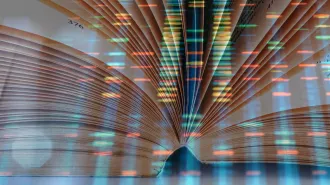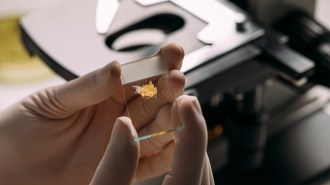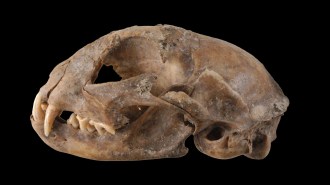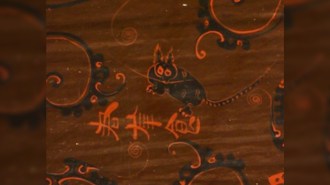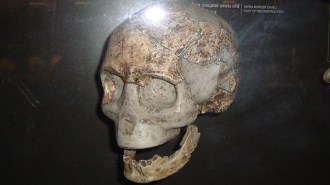First ‘three-parent baby’ born from nuclear transfer
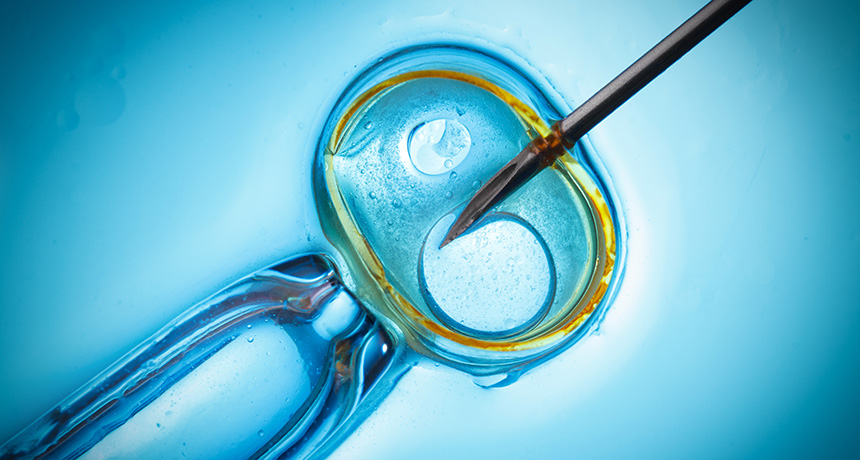
IN WITH THE NEW One technique to replace faulty mitochondria in egg cells has resulted in the birth of a healthy baby boy. The five-month-old is the first “three-parent baby” born using the spindle nuclear transfer procedure.
NEVODKA/SHUTTERSTOCK

